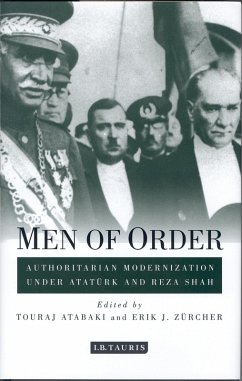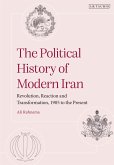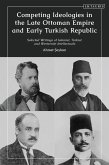Nationalism, nation-building and 'defensive modernisation' were the main themes of the 'cultural revolution' underpinning the totalitarian and secular regimes of Ataturk and Reza Shah which replaced the traditional Qajar state of Iran and the long-declining Ottoman Empire.
The authors trace the emergence of Ataturk and Reza Shah through the constitutional revolutions in Iran and the Ottoman Empire and the introduction of European social models, the establishment of dictatorship and of secularist reforms resulting in both cases in totalitarian, nationalist, and quasi-westernised states, and the personality cult of the leader. The legacy of both was a chasm between the elite and the masses and provided the seeding of an Islamic mass-movement.
The authors trace the emergence of Ataturk and Reza Shah through the constitutional revolutions in Iran and the Ottoman Empire and the introduction of European social models, the establishment of dictatorship and of secularist reforms resulting in both cases in totalitarian, nationalist, and quasi-westernised states, and the personality cult of the leader. The legacy of both was a chasm between the elite and the masses and provided the seeding of an Islamic mass-movement.









